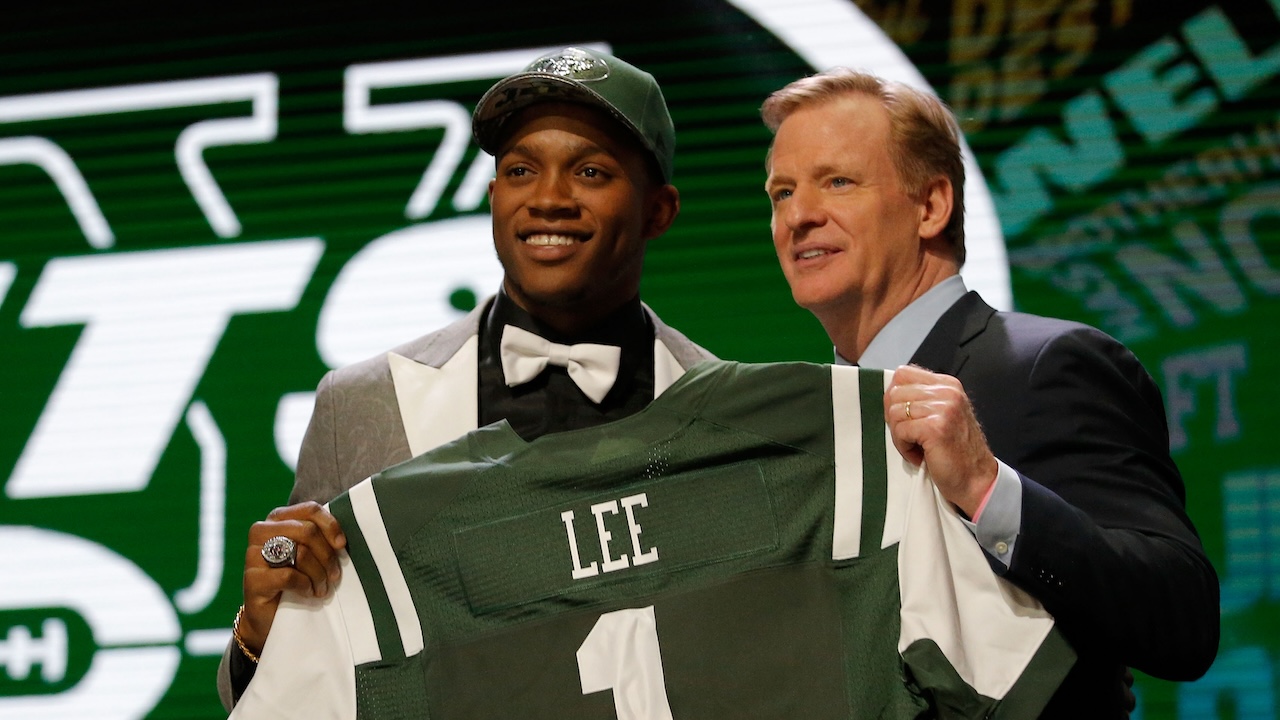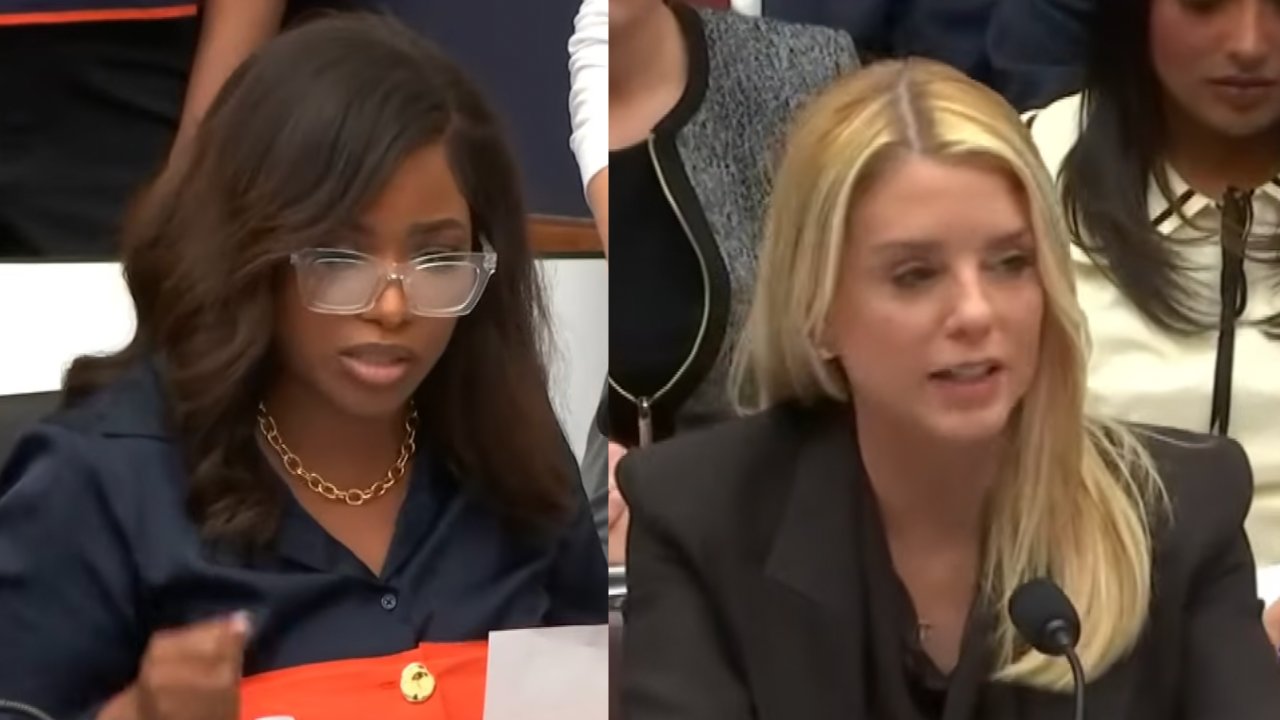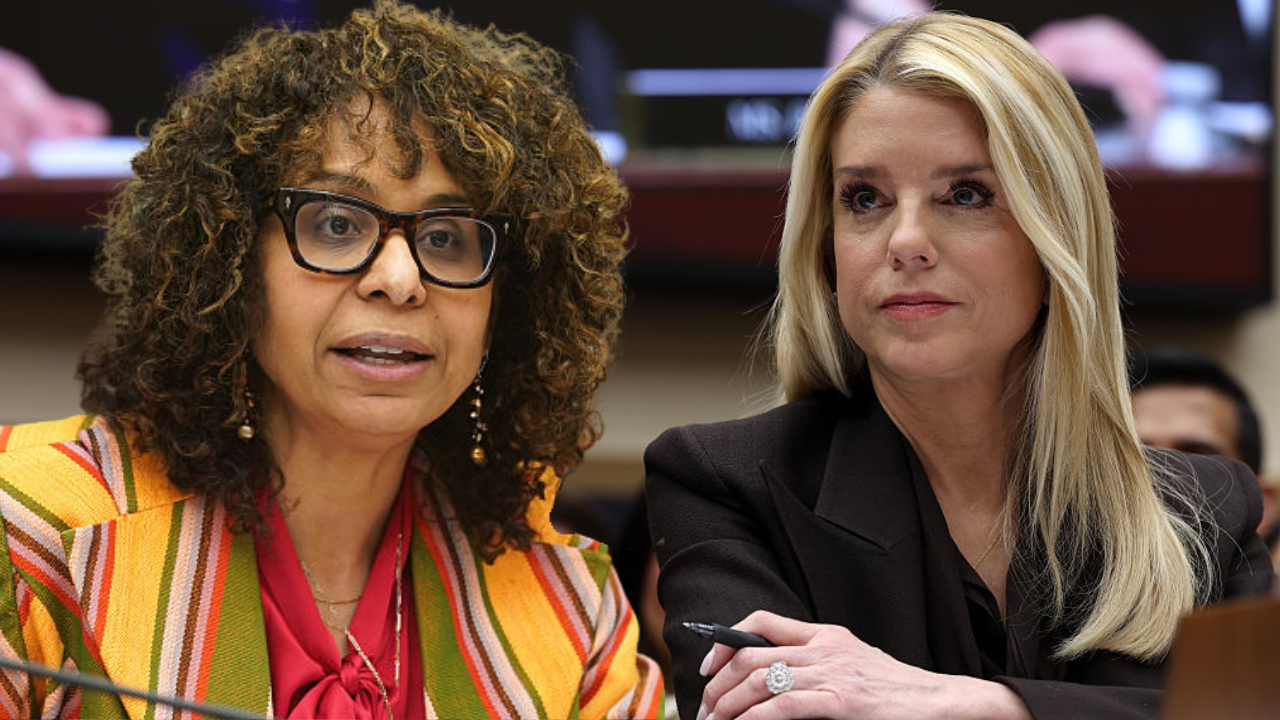Because He Was One Of Us: The Death Of Malcolm-Jamal Warner And The Black Gen X Reckoning With Mortality


It’s hard to contextualize grief for someone you never imagined losing.
There’s a specific kind of ache that comes with certain deaths. Not the kind born from proximity or familial ties, but the kind that grabs you by the collar and forces you to sit down, breathe a little slower, and confront the greys in your own aging reflection. For a certain cohort of Black folks, the death of Malcolm-Jamal Warner is one of those.
For Black Gen Xers, especially those of us raised on NBC Thursday nights, this one hits much harder than expected. Not because he was some kind of celebrity, but because he was ours. Malcolm-Jamal Warner wasn’t just an actor. He was a fixture. Our communal cousin, the cool older or younger brother, the one who showed us you could be smart and smooth, thoughtful and fully Blackity-Black. He wasn’t a caricature. He wasn’t trying to be a thug or a saint. He wasn’t comic relief. He was just real. And, back then, we needed to see that.
We’re not just mourning him; we’re mourning what he symbolized. That being a Black kid in the 80s was multifaceted and layered. That Black excellence could mean achieving within your own abilities. That being consistently good is a trait we overlook in attempting to be momentarily great.
And perhaps most hauntingly, we’re mourning what his death tells us about where we are in life.
Malcolm-Jamal Warner didn’t play some roles; we grew up with him. We aged with him. From Theo Huxtable’s high-top fade antics on The Cosby Show, to his poetic depth on Malcolm & Eddie, and later his measured, matured roles in dramas like The Resident, he aged in public as we aged in private. Even us “Community” stans couldn’t help but root for him as Shirley’s philandering husband. And there was something so stabilizing about seeing a Black man, born in the same America we were, moving through life with a kind of grace and presence that always felt authentic. Each role felt like an iteration of his natural self.
He didn’t chase clout. He didn’t end up on TMZ. He didn’t have the public meltdowns of so many child stars turned unbalanced adults. He just was. And in a media ecosystem that so often distorts or erases nuanced portrayals of Black men, Malcolm-Jamal Warner was a rare consistent thread: thoughtful, funny, grounded, artistic. Someone we could identify with, and aspire to be like.
When we saw Theo trying to figure life out under the stern love of Cliff and Claire Huxtable, we saw ourselves, or at least something we wished we could have. Awkward and unsure, but held up by Black love and high expectations. And, honestly, that image feels more complicated now, given everything that’s come to light in the years since. But for many of us, Warner still embodied something purer than all that: the idea that Black boys could be thoughtful and intellectual, that we could mess up and bounce back, that we could find our own rhythm in a world that demanded we march to theirs.
But this feeling is lingering in a way that’s hard to shake.
This one feels different. This isn’t Kobe. It’s not Michael or Prince or DMX. Those deaths were thunderclaps, tragic and sudden, but often accompanied by the larger-than-life personas they built. We grieved them as icons, as monoliths.
Malcolm-Jamal Warner? He was just…a man. One who directed the “N.E. Heartbreak” video, wrote poetry, acted, loved jazz, and carried himself with a dignity that didn’t scream “fame.” He was a “that’s my guy” kind of guy.
And so this isn’t just about him. It’s about us. This death feels like someone broke a window in the house we grew up in. Now we’re staring at the breeze coming in, wondering when the next pane is gonna crack.
Warner’s death isn’t just a collective loss; it’s a generational checkpoint. A loud, blaring announcement that our days of youth are in the rearview mirror, and what lies ahead isn’t some abstract notion of “middle age,” but the harsh truth of mortality showing up on our doorsteps. And it is unrelenting in its demands.
There was a time when death felt like an interruption. A surprise. Now? It’s a push notification.
Every other week, someone from our era, whether celebrity or community, is leaving us. High school friends. The DJ from the club we used to frequent. That cousin who used to light up every family reunion (figuratively and literally). Some from health issues, some from unfortunate events, some we still don’t talk about.
And now Malcolm.
He wasn’t old. He wasn’t reckless. He was one of us. And that’s what makes this death so suffocating: it removes the illusion of distance. There’s no cushion of age or fame or self-destruction to hide behind. If he can go out like that, so can we. Any day. Without warning.
This is the new reality for Black Gen Xers: death is not rare. It’s becoming routine. And we’re not ready.
We’re not prepared for the day when “He passed” becomes as common in a text message as “You heard that new Raekwon?” But it’s coming. Hell, it’s here.
Our parents’ and grandparents’ seemingly endless conversations about people who died? That’s our scene now.
And the death of Malcolm-Jamal Warner is the reminder none of us asked for.
So now, it begs the question. What are we supposed to do now? What are we supposed to do with all of this?
There’s a particular cruelty in the way Black folks are taught to carry grief. We’re conditioned to tough it out, to “be strong,” to keep it moving. But if we’re being real, a lot of us are scared right now. Not just of dying, but of leaving things unfinished. Of having lived this life, poured ourselves into others, and not leaving a legacy or having achieved something. Some of us have yet to fully realize our affairs, let alone have them in order pending our great gettin’ up morning.
Warner’s death isn’t just a loss; it’s a cracked mirror, forcing us to see time catching up with us. Our knees hurt. Our playlists are full of songs that we remember from Video Soul or Yo! MTV Raps. Some of our kids are teenagers or grown. Our parents are, uncomfortably, slowing down. Some of us are two-way caretakers now while still trying to remember to take our own pills. Some of us are burying mothers, aunties, brothers.
It’s heavy.
And maybe that’s the point. Maybe now is the time to feel that heaviness. To allow it space to be. To stop pretending that Black adulthood is only about hustling and surviving and building generational wealth. Maybe part of the work now is grieving, intentionally. Publicly. Purposefully.
Maybe grief isn’t just about letting go of the presence of a person; it’s about allowing that loss to transform us into something else. About honoring the people we’ve lost by taking pieces of them and infusing their spirit into our daily lives. Our future actions a testament to their immortality.
As we eulogize Malcolm-Jamal Warner, we aren’t just talking about a man. We’re talking about an era. A feeling. A time when we believed the world might actually make room for us to be full, layered human beings. When we had shag haircuts and hid our hats and gloves in the mailbox while we played football in the street.
We’re talking about every Black boy who sat too close to the TV on Thursday nights trying to mimic Theo’s style and speech cadence, or take notes on how to survive a math class taught by the Dragon Lady. We’re talking about that rare moment in TV history when we saw ourselves reflected with dignity and humor. Unlike JJ Evans or Arnold Jackson or Webster, Theo wasn’t a prop or a device; he was a person.
We’re mourning a man, yes. But also a version of ourselves. The version that still believed we had time.
Because that’s the most terrifying part of all this: realizing that time is not promised, and that our stories can end in an unexpected instant. That even the ones who did it “right,” the good brothers, the solid dudes, the ones who stayed out of the foolishness and kept their head down, don’t always get to grow old.
Malcolm-Jamal Warner’s passing is a reminder that the clock is ticking. That love needs to be spoken. That health needs to be prioritized. That rest isn’t optional. That grief needs tending. That legacy isn’t built on likes.
It’s built on how people feel when they say your name.
In the end, we’re left with this: Malcolm-Jamal Warner was a good man. A constant presence. A quiet icon. He made us laugh, made us think, and made us proud. He gave us permission to be ourselves: awkward, nerdy, curious, cool.
And now, in his death, he gives us something else: perspective. Urgency. A reason to slow down, look around, and say the things we’ve been meaning to say.
To call our people. To go to the doctor. To rest. To cry if we need to. And to stop pretending that loss doesn’t change us.
Rest easy, Brother Malcolm. Thank you for the time you gave us.
We’ll carry it from here.
Corey Richardson is originally from Newport News, Va., and currently lives in Chicago, Ill. Ad guy by trade, Dad guy in life, and grilled meat enthusiast, Corey spends his time crafting words, cheering on beleaguered Washington DC sports franchises, and yelling obscenities at himself on golf courses. As the founder of The Instigation Department, you can follow him on Substack to keep up with his work.
SEE ALSO:
Malcolm Jamal Warner Passes Away At 54
Theo Huxtable & Beyond: Remembering Malcolm-Jamal Warner’s Contributions To The Culture
What's Your Reaction?
 Like
0
Like
0
 Dislike
0
Dislike
0
 Love
0
Love
0
 Funny
0
Funny
0
 Angry
0
Angry
0
 Sad
0
Sad
0
 Wow
0
Wow
0































